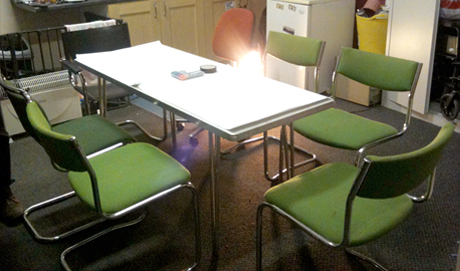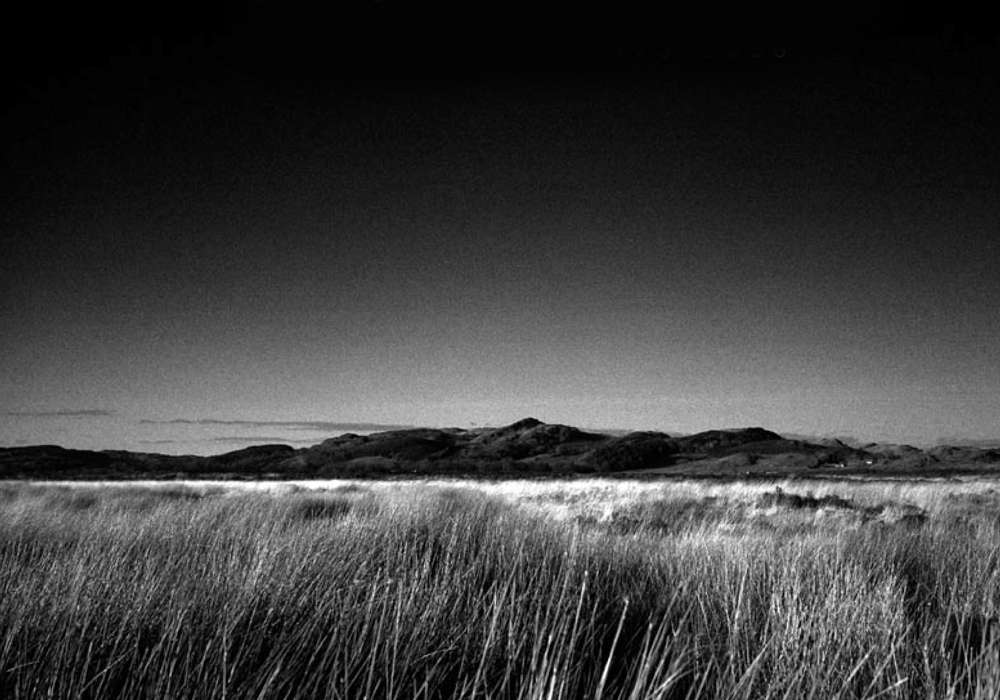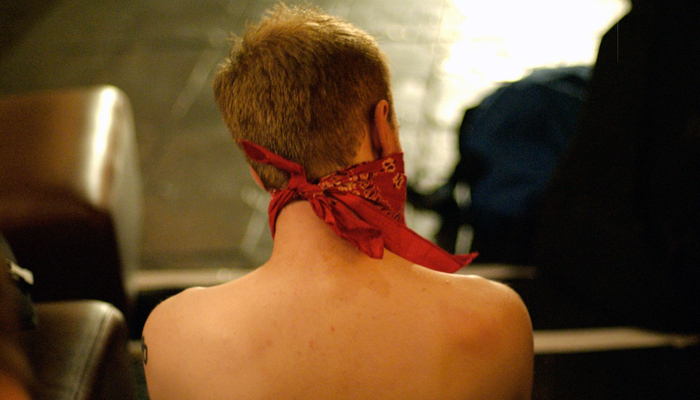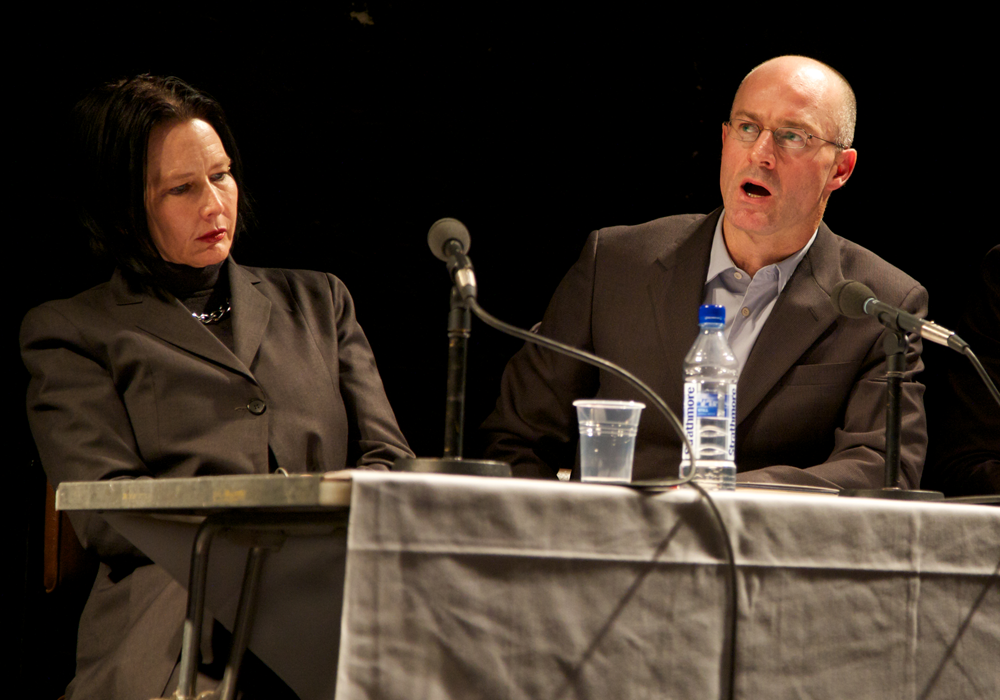
Out of Sight Out of Synch
Various Artists Hollis Frampton John Smith
Sound and image slipping out of synch and into discord, the programme includes (in London at least) a very special version of Hollis Frampton’s masterful (nostalgia) with a live narration by Michael Snow.













